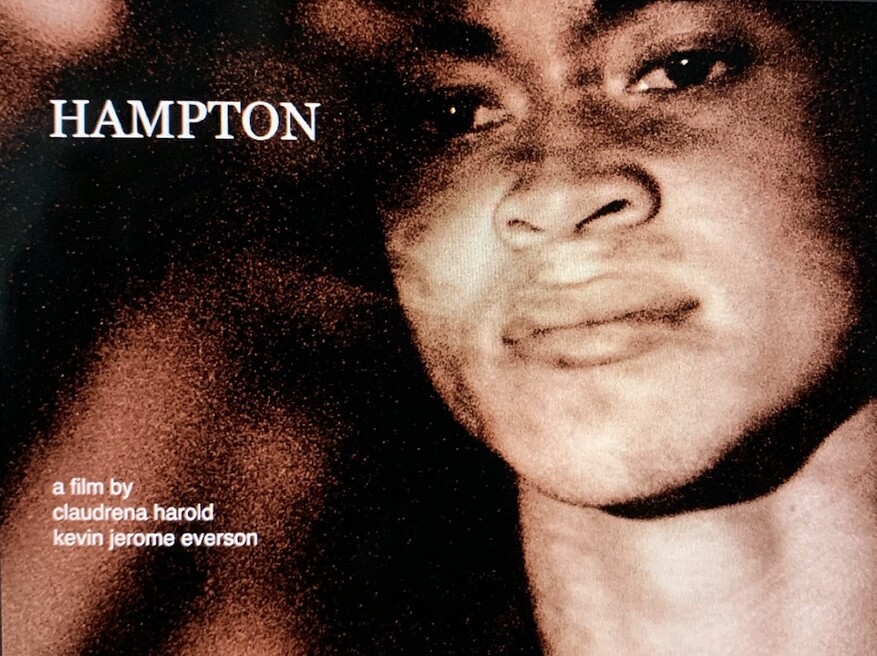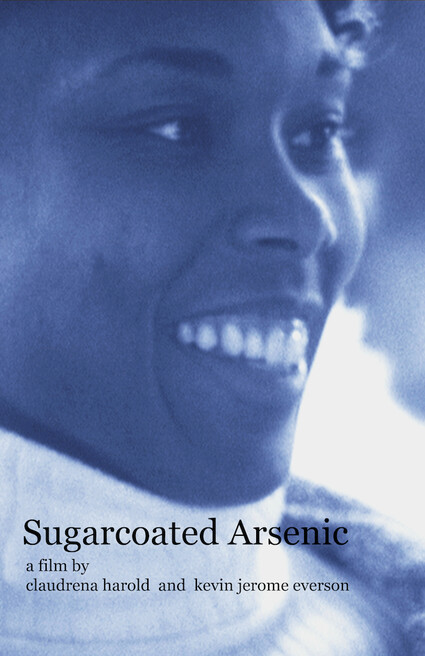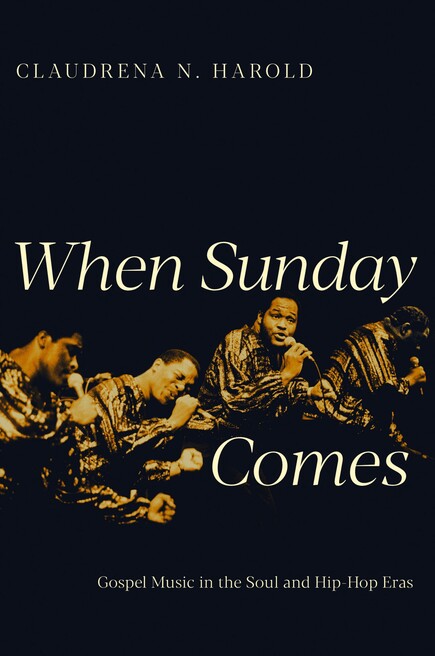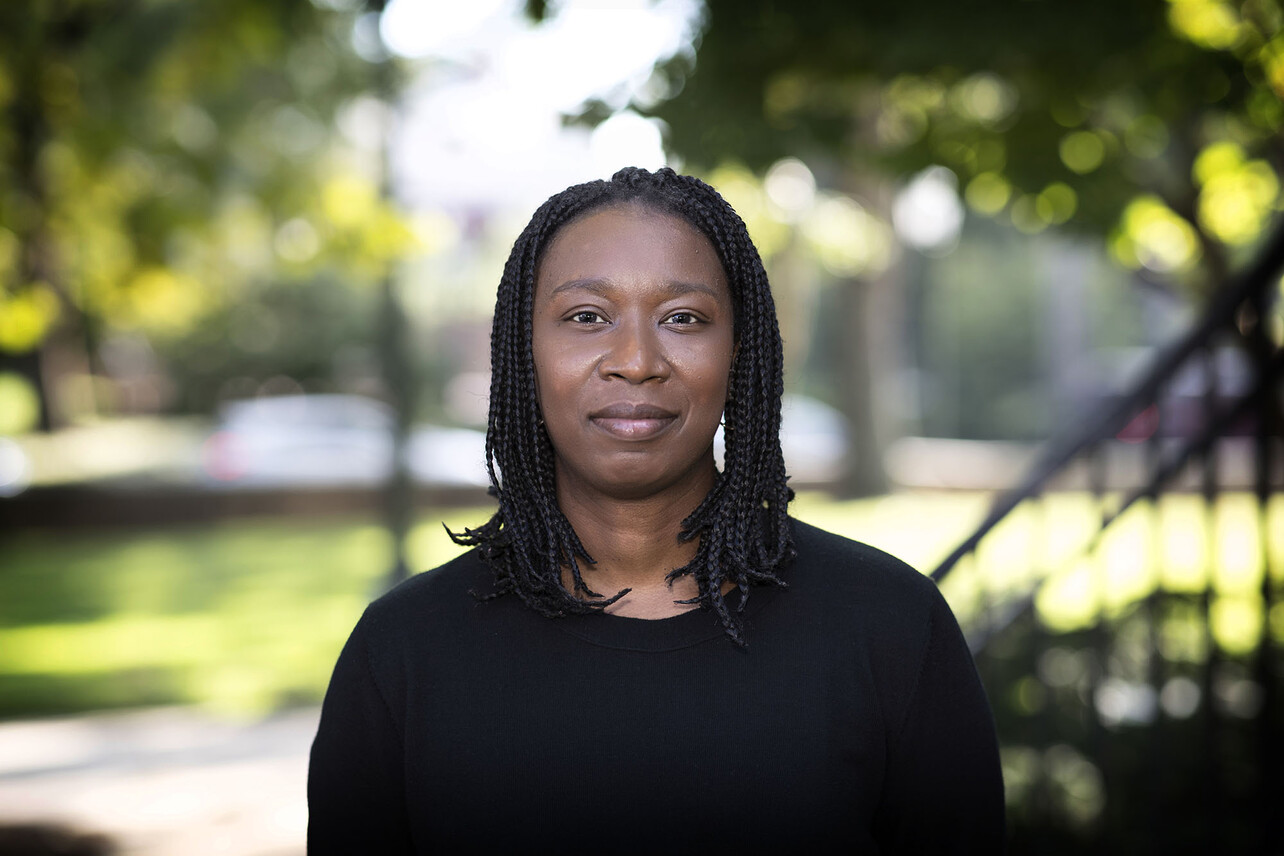Claudrena Harold
area: film & literature
Key Facts
nationality
USAarea
film & literatureresidence
Floridarecommending institution
Vienna Shortstime period
June 2023 - June 2023Selected publications and films:
- Books
When Sunday Comes: Gospel Music in the Soul and Hip-Hop Eras (Urbana: University of Illinois Press, 2020).
New Negro Politics in the Jim Crow South (University of Georgia Press, 2016).
The Rise and Fall of the Garvey Movement in the Urban South, 1918-1942 (Routledge Press, 2007).
- Co-Edited Volumes
Co-editor with Louis Nelson, Charlottesville 2017: The Legacy of Race and Inequity (University of Virginia Press, 2018).
Co-editor with Deborah E. McDowell and Juan Battle, The Punitive Turn: New Approaches to Race and Incarceration (University of Virginia Press, 2013).
- Films
Accidental Athlete. (2022). With Kevin Jerome Everson, 11 mm film.
Gospel Hill. (2022). With Kevin Jerome Everson, digital. Screened at Chicago International Film Festival and Virginia Film Festival.
Pride. (2021). With Kevin Jerome Everson, 16 mm film. Screened at European Media and Arts Festival, Black Star Film Festival, Chicago International Film Festival, and AFI Film Festival.
Hampton. (2019). With Kevin Jerome Everson, 16 mm film. Screened at Black Star Film Festival, Philadelphia, PA; Doc Lisboa, Lisbon, Portugal; True/False Film Fest, Columbia, Missouri; International Short Film Festival Oberhausen, Oberhausen; FestCurtas BH, Belo Horizonte Brazil.
Black Bus Stop. (2019). With Kevin Jerome Everson, 16mm film and digital. Screened at Virginia Film Festival, International Film Festival Rotterdam (Ammodo Tiger Short Competition Nominee), Rotterdam; Cinema du Reel, Paris; Vienna Shorts Festival (Jury Prize), Austria; Filmadrid International Film Festival (Special Mention), Madrid, Melbourne International Film Festival, Madrid, Bafici Rosario, Rosario, Hamburg International Film Festival, Hamburg; European Media Arts Festival, Osnabruck; and Tiff Lightbox, Toronto.
How Can I Ever Be Late. (2017) With Kevin Jerome Everson, 16mm, 6 minutes, color and black and white. Screened at International Film Festival Rotterdam, Rotterdam; Harvard Film Archive, Cambridge, Massachusetts; Princeton Garden Theatre; London Film Festival, London, England; Alternative Film and Video, Belgrade; BAM Cinemafest, Brooklyn, New York; Crossroads, San Francisco; Virginia Film Festival, Charlottesville, Virginia, Indie Memphis Film Festival, Memphis, Tennessee, Fronteira Festival, Goiânia, Brazil, Curtas Vila do Conde, Vila do Conde, Portugal.
70 Kg. (2017). With Kevin Jerome Everson, 16 mm, 2 minutes, black and white. Screened at Virginia Film Festival, Charlottesville, Virginia; Media City Film Festival, Windsor, Canada.
Fastest Man in the State. (2016). With Kevin Jerome Everson, 16 mm, 10 minutes, color and black and white. Screened at Virginia Film Festival, Charlottesville, Virginia; Whitney Museum (2017 Biennial), New York, New York; Chicago International Film Festival, Chicago, Illinois, Images Festival, Toronto, Indie Memphis Film Festival, Memphis, Tennessee.
We Demand (2016). With Kevin Jerome Everson. 16 mm film, 10 minutes, color. Screened at Virginia Film Festival, Charlottesville; Alternative Film and Video Festival, Belgrade; Berlin International Film Festival (Berlinale), Berlin; Berkeley Art Museum & Pacific Film Archive, Berkeley, California; National Gallery of Art, Washington, D.C, MIT List Visual Arts Center, Cambridge, Massachusetts, Indie Memphis Film Festival, Memphis, Tennessee, Fronteira Festival, Goiânia, Brazil.
Sugarcoated Arsenic (2014). With Kevin Jerome Everson, 16 mm film, 20 minutes, black and white. Screened at Virginia Film Festival; International Film Festival Rotterdam, Rotterdam; International Short Film Festival Oberhausen, Oberhausen; Edinburgh International Film Festival, Edinburgh; Harvard Film Archive, Cambridge, Massachusetts; New York International Film Festival, New York City; Tate Modern, London, England; Festival du Nouveau Cinema, Montreal; Vienna International Film Festival, Austria; Porto Post/Doc Film and Media Festival, Porta; Courtisane Festival, Ghent; Crossroads Festival, San Francisco; Basilica Hudson, Hudson; Opacities Series, Edinburgh; Black Cinema House, Chicago; National Gallery of Art, Washington, DC, Fronteira Festival, Goiânia, Brazil.
U. of Virginia Charlottesville, VA 1976 (2014) . With Kevin Jerome Everson, 11 Min, digital. Screened at Unknown Pleasures, American Independent Film Festival, Berlin, Indie Memphis Film Festival, Memphis, Tennessee.
- Art and Film Catalogs
"Arthur Jafa," in Among Others: Blackness at MoMa, edited by Darby English and Charlotte Barat 252 (New York: Museum of Modern Art, 2019): 252.
"Daughters of the Dust," in Black Light: A Retrospective on International Black Cinema (France: Capricci): 94-99.
"Black Fire!," in Experiments in Cinema (New Mexico: Basement Films, 2019) : 33-48.
Frühere Stipendien-Aufenthalte (Institution / Ort / Datum) – former residencies (institution / place / date):
Clement Price Scholar in Residence, Rutgers University-Newark, October, 2022
During the residency at MQ Claudrena Harold works on a long essay on the entrepreneurial and musical pursuits of record producer David Crawford.
On May 21, 1977, Billboard Magazine announced the formation of a new independent record label, Crawford records. Envisioned as a potential home for southern soul and disco, the new label was the brainchild of David Crawford, a talented musician whose songwriting and production credits included Linda Lyndell’s “What a Man", Candi Staton’s “Young Hearts Run Free” and "Victim", B.B. King’s “I Like to Live the Love", Jackie Moore’s “Precious, Precious" and the Mighty Clouds of Joy’s “Mighty High".
Together with Brad Shapiro, Crawford had also produced some strong cuts for Wilson Pickett ("Don't Knock My Love") and the J. Geils Band.
Just as Crawford's collaborations with Shapiro at Atlantic Records are part of the larger story of southern soul, his efforts to build an independent black label in Atlanta are a part of a larger story of African American musicians seeking to not only carve out a space of artistic freedom and economic mobility but also reimagine the possibilities of southern black music.
Tracing Crawford's entrepreneurial endeavors from the 1970s through the 1980s, this paper details the promise and failures of Crawford Records and the short lived LA Records, Crawford's entrepreneurial pursuits with Philadelphia's MFSB via the Atlanta Disco Band and TSOP (The Sound of Brooklyn) and his brief collaboration with Sylvia Robinson's Sugarhill Records.




